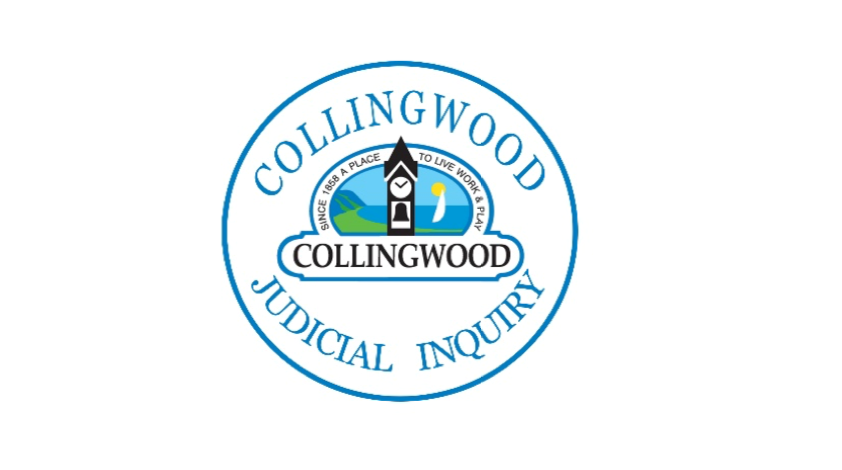The commissioner’s report with findings and recommendations from the Collingwood Judicial Inquiry will likely be released this summer.
The report is the conclusion of the inquiry into the sale of 50 per cent of Collus shares to PowerStream in 2012, and the subsequent spending of the proceeds from that share sale.
Justice Frank Marrocco, the commissioner overseeing the inquiry, said last year he might have the report complete as early as February 2020, however, a notice posted to the inquiry website indicates the report will likely be complete and delivered this summer.
Since February 2018, when council called the inquiry, the investigation has yielded about half a million documents ranging from single-sentence emails to multi-page contracts, staff reports, and meeting minutes.
Public hearings began in April 2019, and there were about 61 days of hearings. The documents collected were organized with two “foundation documents” amounting to more than 650 pages of chronology and data.
The inquiry was conducted in three phases, with the first phase dealing with the share sale and events surrounding it, and the second dealing with how the town spent the proceeds, which included the construction of two fabric membrane recreation buildings.
The final phase of hearings featured panels of experts who shared their own experience in municipal governance, lobbying, codes of conduct, and public inquiries into municipal spending.
Justice Marrocco can use their testimony to help form the recommendations he includes in his report.
According to the notice posted on the inquiry website, the report will be turned over to town council and be made public once it is written, edited, and published.
The date and time of the public release is not yet set.
The commissioner’s report can include things like findings of misconduct and recommendations for the town to implement policies or changes meant to improve the town’s governance and purchasing practices in the future.
The commissioner does not lay criminal charges or make findings of criminal liability.
Marrocco, on several occasions, has stated an inquiry is not a trial.
Honourable Denise Bellamy, the inquiry for the Computer Leasing inquiries in Toronto, reiterated that point in a chapter on how to run a public inquiry in the book Public Inquiries in Canada: Law and Practice.
In her chapter, she reiterated the differences between a criminal or civil trial and public inquiry - as Marrocco has done - while she was commissioner over the inquiries in Toronto.
“I did so because I could see that people wanted blood,” she said. “They wanted someone to be held accountable, to be penalized and to go to jail if need be … Punishment or penalty may well follow, but not as part of the public inquiry itself. To this day, people still complain to me that no one went to jail.”
Bellamy made 241 recommendations in her final report. They included practical applications such as establishing a lobbying registry, codes of conduct for council and staff, training on those codes of conduct, and hiring a full-time integrity commissioner.
Since her report, the province has passed a law requiring all Ontario municipalities to have an integrity commissioner on contract. Collingwood uses the integrity commissioner services obtained by the County of Simcoe.




